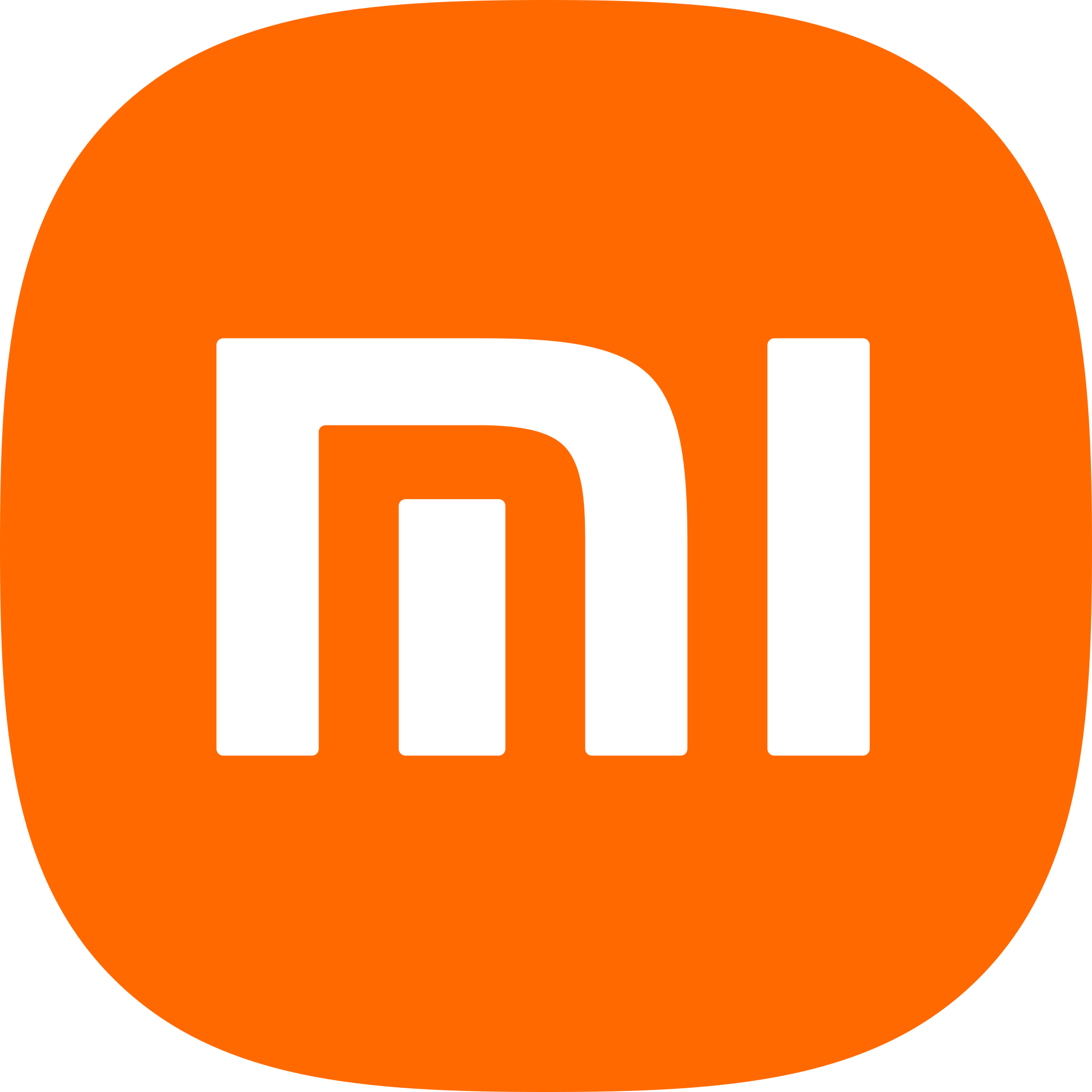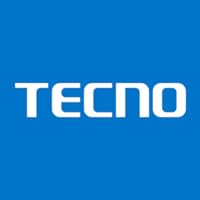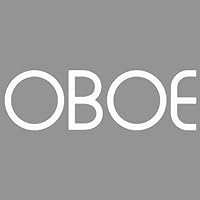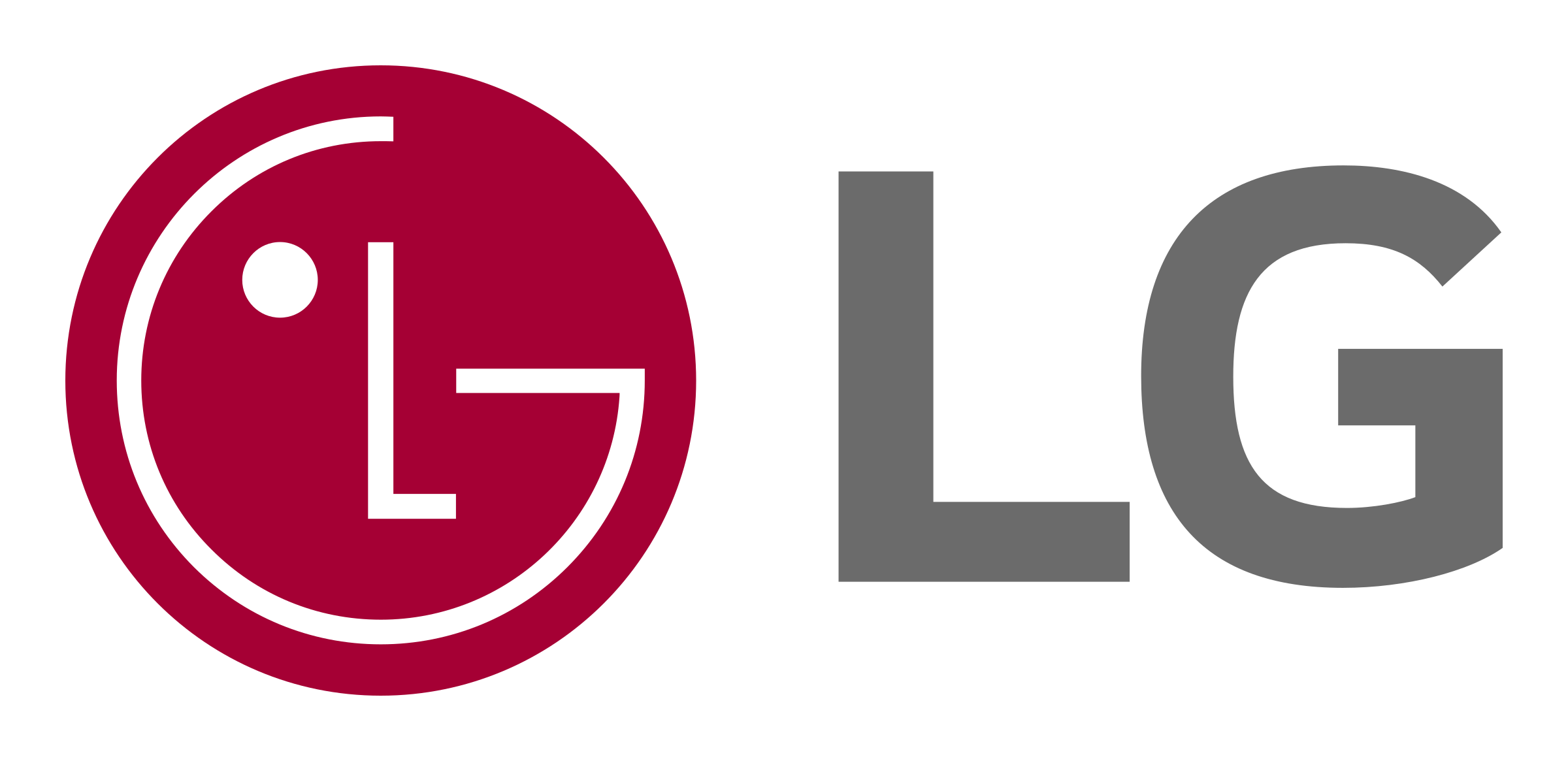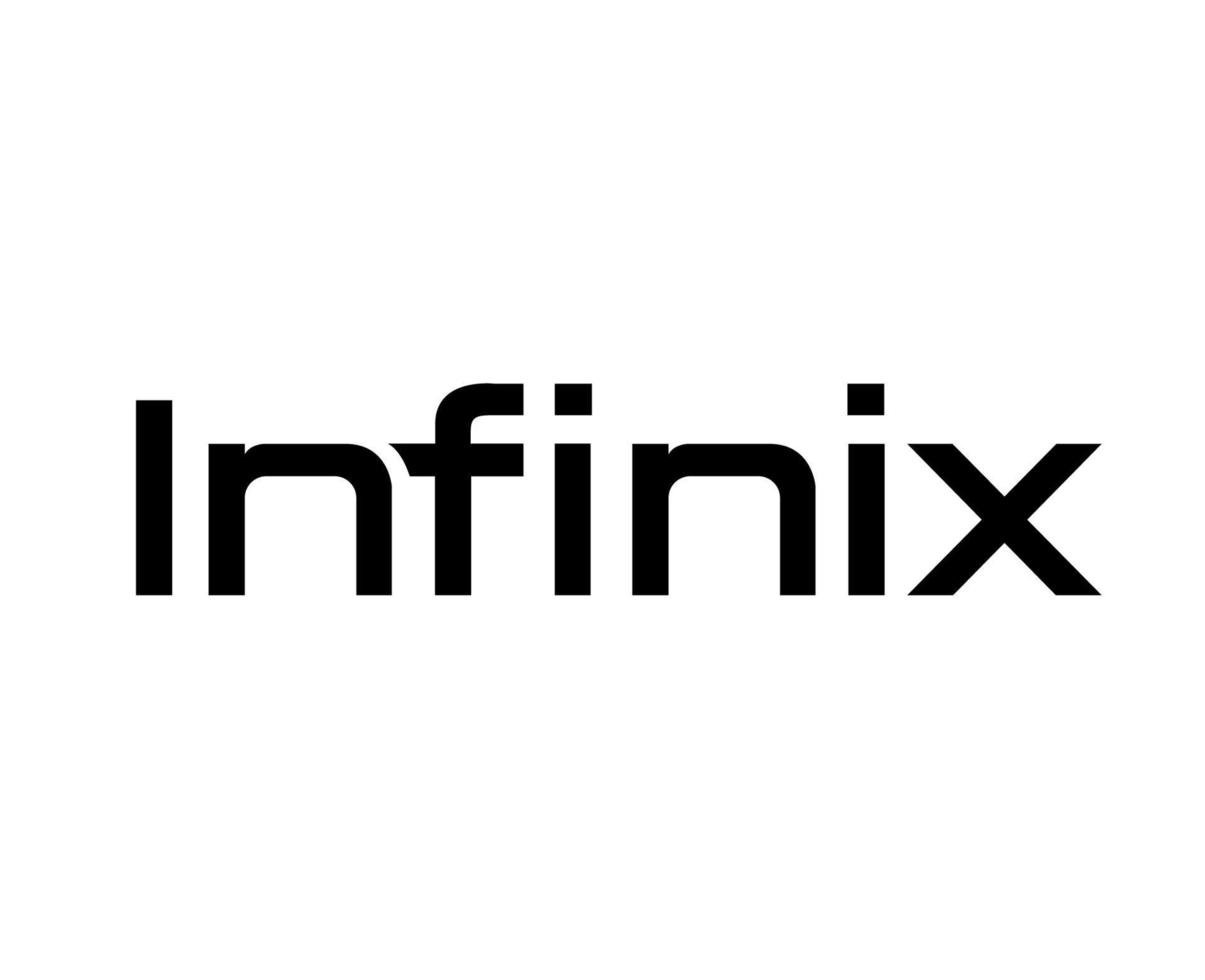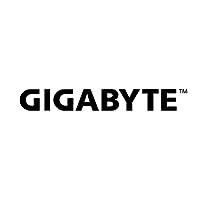The ongoing debate between Ultrabooks and traditional business laptops revolves around their design, functionality, and suitability for different business needs. Ultrabooks are known for their sleek and lightweight design, making them highly portable and ideal for on-the-go professionals. Traditional business laptops, on the other hand, offer a wider range of features and customization options, making them suitable for specific business needs.
Key Takeaways:
- Ultrabooks are known for their portability and sleek design, making them ideal for professionals who are constantly on the move.
- Traditional business laptops offer a range of features and customization options that can be tailored to suit specific business needs.
- The choice between Ultrabooks and traditional business laptops depends on individual priorities and preferences.
- Consider factors such as performance, durability, battery life, and productivity features when making a decision.
- Carefully evaluate the specifications of both options to ensure they meet your specific performance requirements.
When it comes to selecting the right device for your business needs, understanding the differences between Ultrabooks and traditional business laptops is crucial. By considering factors such as design, features, technology, and performance, you can make an informed decision that aligns with your specific requirements.
The Importance of Portability and Performance
Portability and performance are two crucial factors to consider when comparing Ultrabooks and traditional business laptops. Ultrabooks are known for their sleek and lightweight design, making them highly portable and ideal for on-the-go professionals. Their slim profile and lightweight construction enable easy transportation, allowing users to work from anywhere without compromising on power or functionality.
On the other hand, traditional business laptops offer a wider range of features and customization options, making them suitable for specific business needs. While they may be slightly bulkier than Ultrabooks, traditional laptops excel in terms of performance capabilities. With more robust processors, larger storage capacities, and dedicated graphics cards, they are capable of handling resource-intensive tasks with ease.
Table 1: Comparison of Portability and Performance
| Factor | Ultrabooks | Traditional Business Laptops |
|---|---|---|
| Design | Sleek and lightweight | Relatively bulkier |
| Portability | Highly portable, ideal for remote work | Less portable, more suited for stationary work |
| Performance | Capable, but may have limitations on resource-intensive tasks | Robust performance, ideal for demanding workloads |
Ultimately, the choice between Ultrabooks and traditional business laptops boils down to individual preferences and requirements. If portability and on-the-go productivity are top priorities, Ultrabooks offers a sleek and lightweight solution. However, if performance and customization options are of utmost importance, traditional business laptops provide a wider array of features to cater to specific business needs. Whatever the choice, it’s essential to consider both portability and performance to ensure the right fit for your professional requirements.
Features and Customization Options for Business Needs
Traditional business laptops offer a wide range of features and customization options, making them highly adaptable to specific business needs. These laptops are designed to cater to various industries and professional requirements, providing users with the flexibility to optimize their devices according to their workflow.
One of the key advantages of traditional business laptops is the diversity of hardware and software options available. These laptops often boast powerful processors, ample memory, and expansive storage solutions, allowing professionals to handle resource-intensive tasks with ease. Additionally, they provide customization options such as the ability to upgrade components like RAM or storage, ensuring that the device evolves alongside the user’s changing needs.
Hardware Features
When it comes to hardware features, traditional business laptops excel in providing a wide array of choices. From different display sizes and resolutions to various keyboard styles and pointing devices, these laptops offer options that cater to personal preferences and work requirements. They also come equipped with multiple connectivity ports, including USB, HDMI, and Ethernet, enabling seamless integration with peripherals and networks.
| Hardware Features | Benefits |
|---|---|
| Multiple connectivity ports | Enhanced versatility for connecting to various devices and networks. |
| Customizable keyboard and pointing devices | Improved user comfort and productivity by adapting to individual preferences. |
| Diverse display options | Optimal viewing experience tailored to specific tasks and environments. |
| Expandable storage and memory | Flexibility to accommodate growing data and software requirements. |
Software Features
In addition to hardware options, traditional business laptops offer a wide range of customizable software features. These laptops often come with operating systems that allow for extensive customization, enabling users to personalize their device’s interface and optimize its performance for specific applications. They also provide access to a wealth of business-centric software and productivity tools, empowering professionals to streamline their workflow and enhance efficiency.
| Software Features | Benefits |
|---|---|
| Customizable operating systems | Ability to tailor the device’s interface and functionality to individual preferences. |
| Business-centric software and productivity tools | Access to a comprehensive suite of applications designed to enhance work efficiency. |
| Security and management software | Robust protection against cyber threats and streamlined device management capabilities. |
| Collaboration and communication tools | Seamless integration with platforms and applications for enhanced teamwork and productivity. |
In conclusion, traditional business laptops offer an extensive range of features and customization options that can be tailored to suit specific business needs. From customizable hardware components to personalized software settings, these laptops provide users with the flexibility and adaptability required in today’s dynamic work environment. When deciding between Ultrabooks and traditional business laptops, it is essential to consider the unique requirements and workflows of your business to make an informed decision.
Evaluating Price and Durability
Price and durability are key considerations when deciding between Ultrabooks and traditional business laptops. Ultrabooks, known for their sleek and lightweight design, often come with a higher price tag compared to traditional business laptops. However, their premium build quality and advanced technology contribute to their long-term durability, making them a worthwhile investment for professionals seeking a reliable and high-performance device.
On the other hand, traditional business laptops, while generally more affordable, may vary in terms of durability depending on the brand and model. These laptops often prioritize functionality and robustness, making them suitable for industries that require rugged devices capable of withstanding demanding work environments.
To better assess the price and durability of Ultrabooks and traditional business laptops, the following table provides a comparison of key factors:
| Factor | Ultrabooks | Traditional Business Laptops |
|---|---|---|
| Pricing | Higher, reflecting premium design and advanced features | Varies, with more affordable options available |
| Build Quality | High-quality materials and sleek design | Varies, but often prioritizes durability |
| Longevity | Designed for long-term use with reliable performance | Varies, depending on the brand and model |
| Functional Features | Advanced features but may lack some customization options | Wide range of features and customization options available |
When making a decision, it’s essential to consider both the initial investment and the long-term durability requirements of your specific business needs. Evaluate the value proposition of each option and assess how well it aligns with your budget, performance expectations, and overall work environment. By carefully evaluating price and durability, you can make an informed choice that suits your priorities and ensures optimal productivity in the long run.
Productivity and Battery Life
Productivity and battery life are crucial factors that affect the choice between Ultrabooks and traditional business laptops. The ability to work efficiently and consistently on the go is essential for modern professionals, making battery life a key consideration. Ultrabooks, with their focus on portability, often offer extended battery life, allowing users to complete tasks without the need for frequent charging. This is particularly beneficial for individuals who travel frequently or work remotely.
In terms of productivity, both Ultrabooks and traditional business laptops offer a range of features and capabilities. However, the lightweight and compact design of Ultrabooks can contribute to increased productivity. The mobility provided by Ultrabooks allows professionals to work from anywhere, whether it’s in a coffee shop, on a flight, or during a client meeting. The seamless integration of software and hardware, combined with the latest technologies, ensures smooth multitasking and efficient workflow.
The Importance of Battery Life
Battery life is a critical factor to consider when choosing between Ultrabooks and traditional business laptops. Ultrabooks, known for their lightweight design and energy-efficient components, are specifically engineered to provide extended battery life. With advancements in battery technology and power-saving features, Ultrabooks can offer all-day battery performance, ensuring uninterrupted productivity without the need for frequent charging.
Traditional business laptops, on the other hand, may vary in terms of battery life depending on the specific model and configuration. While some models offer comparable battery life to Ultrabooks, others may require more frequent charging. It is important to consider individual work requirements and usage patterns when evaluating battery life. For professionals who frequently work in environments with limited access to power outlets or require long-lasting battery performance, Ultrabooks may be the more suitable option.
| Ultrabooks | Traditional Business Laptops | |
|---|---|---|
| Portability | High | Varies |
| Battery Life | Extended | Varies |
| Productivity | Seamless integration, efficient workflow | Varies |
In conclusion, when deciding between Ultrabooks and traditional business laptops, considering factors such as battery life and productivity is essential. Ultrabooks offer the advantage of extended battery life and high portability, making them ideal for professionals who require mobility and work flexibility. Traditional business laptops, on the other hand, may offer a wider range of features and customization options, catering to specific business needs. Ultimately, the choice depends on individual preferences, work requirements, and budget considerations.
Understanding Specifications for Performance
Understanding the specifications of Ultrabooks and traditional business laptops is essential for evaluating their performance capabilities. These specifications determine the device’s processing power, storage capacity, and graphics capabilities, among other key factors that influence the user experience. By comparing and analyzing these specifications, users can make informed decisions based on their specific needs and preferences.
One of the primary specifications to consider is the processor. The processor determines the speed and efficiency of the laptop, with higher-end models offering faster processing speeds and better multitasking capabilities. Additionally, the amount of RAM (Random Access Memory) is crucial for running multiple programs simultaneously and ensuring smooth performance. Ultrabooks generally have lower RAM capacity due to their slim design, while traditional business laptops often provide higher RAM options for enhanced multitasking.
Storage options are another important aspect to consider. Ultrabooks typically feature solid-state drives (SSDs) that offer faster data access and improved system responsiveness. On the other hand, traditional business laptops may provide a choice between SSDs and traditional hard disk drives (HDDs), allowing users to prioritize either speed or storage capacity based on their requirements.
Graphics cards also play a significant role, particularly for tasks involving graphic-intensive applications. Ultrabooks usually feature integrated graphics, which are sufficient for everyday use and light multimedia tasks. In contrast, traditional business laptops often come with dedicated graphics cards that offer better performance for demanding tasks such as video editing or 3D rendering.
| Specification | Ultrabooks | Traditional Business Laptops |
|---|---|---|
| Processor | Faster processing speeds, limited options for high-end models | Wide range of options, including high-performance processors |
| RAM | Lower capacity for slim design | Higher capacity options for multitasking |
| Storage | SSDs for faster data access | Choice between SSDs and HDDs for speed or storage capacity |
| Graphics | Integrated graphics suitable for everyday tasks | Dedicated graphics cards for graphic-intensive applications |
It is important to note that while Ultrabooks excel in portability and sleek design, they may sacrifice certain performance capabilities compared to traditional business laptops. However, for professionals who prioritize mobility and require basic computing functions, Ultrabooks are an excellent choice. Traditional business laptops, on the other hand, provide a wider range of customization options and higher performance capabilities, making them suitable for industries or tasks that demand extensive computing power.
Ultimately, the decision between Ultrabooks and traditional business laptops depends on individual requirements, preferences, and budget considerations. By carefully evaluating the specifications and understanding their impact on performance, users can select the most appropriate device that meets their specific needs.
Conclusion
In conclusion, the debate surrounding Ultrabooks and traditional business laptops underscores the critical factors of portability, performance, features, customization options, price, durability, productivity, battery life, and specifications in determining the ideal choice for businesses. Ultrabooks, with their sleek and lightweight design, excel in portability, making them an excellent fit for professionals on the move. On the contrary, traditional business laptops offer an extensive array of features and customization options to cater to specific business requirements.
When it comes to procurement, fostering collaboration with executive stakeholders is pivotal in gaining the trust and confidence of the C-suite. Effective communication and breaking down barriers within procurement teams demonstrate their capacity to navigate external risks and collaborate seamlessly within the organization.
In the domain of app development, low-code and no-code platforms have emerged as efficient alternatives to traditional coding techniques. These platforms bring forth advantages such as heightened efficiency, quicker time to market, enhanced collaboration, and increased employee motivation. By empowering citizen developers and fostering a culture of collaboration between IT and business users, low-code and no-code solutions adeptly address challenges associated with traditional app development processes.
In this context, the HP ENVY x360 2-in-1 Laptop, featuring the Intel Evo platform with an Intel Core i7 processor, Windows 11 Home, and Intel Iris Xᵉ Graphics, stands out as the best choice among all options. This laptop seamlessly amalgamates performance, reliability, and an extensive set of features, ideally suited for businesses that prioritize excellence.
Ultimately, the decision between Ultrabooks and traditional business laptops, as well as the choice between low-code and no-code platforms, hinges on the specific needs of businesses. By meticulously evaluating aspects like portability, performance, features, customization options, price, durability, productivity, battery life, and specifications, businesses can make informed decisions that perfectly align with their unique requirements.
Compare and view all the HP best business laptop










